Thomas Zehetmair & Orchestre de chambre de Paris - Robert Schumann (2016) [Hi-Res]
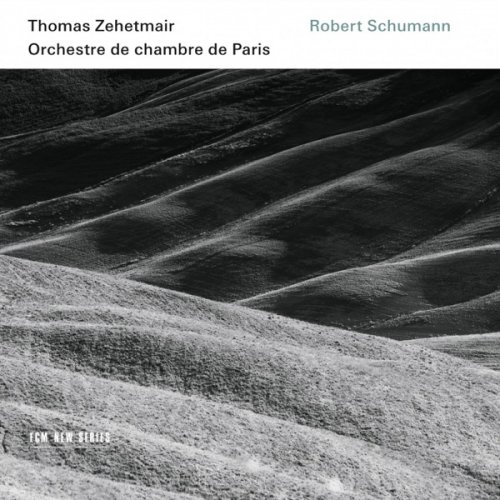
Artist: Thomas Zehetmair & Orchestre de chambre de Paris
Title: Robert Schumann
Year Of Release: 2016
Label: ECM New Series
Genre: Classical, Orchestral
Quality: flac 24bits - 96.0kHz +booklet
Total Time: 01:17:19
Total Size: 1.3 gb
WebSite: Album Preview
TracklistTitle: Robert Schumann
Year Of Release: 2016
Label: ECM New Series
Genre: Classical, Orchestral
Quality: flac 24bits - 96.0kHz +booklet
Total Time: 01:17:19
Total Size: 1.3 gb
WebSite: Album Preview
---------
01. Schumann: Violin Concerto In D Minor, WoO 23-1. In kräftigem, nicht zu schnellem Tempo (Live At Théâtre des Champs-Elyseés, Paris / 2014)
02. Schumann: Violin Concerto In D Minor, WoO 23-2. Langsam (Live At Théâtre des Champs-Elyseés, Paris / 2014)
03. Schumann: Violin Concerto In D Minor, WoO 23-3. Lebhaft, doch nicht schnell (Live At Théâtre des Champs-Elyseés, Paris / 2014)
04. Schumann: Symphony No.1 In B Flat, Op.38-"Spring"-1. Andante un poco maestoso-Allegro molto vivace (Live At Théâtre des Champs-Elyseés, Paris / 2014)
05. Schumann: Symphony No.1 In B Flat, Op.38-"Spring"-2. Larghetto (Live At Théâtre des Champs-Elyseés, Paris / 2014)
06. Schumann: Symphony No.1 In B Flat, Op.38-"Spring"-3. Scherzo (Molto vivace) (Live At Théâtre des Champs-Elyseés, Paris / 2014)
07. Schumann: Symphony No.1 In B Flat, Op.38-"Spring"-4. Allegro animato e grazioso (Live At Théâtre des Champs-Elyseés, Paris / 2014)
08. Schumann: Fantasy For Violin And Orchestra In C Major, Op. 131-Im mäßigen Tempo – Lebhaft (Live At Théâtre des Champs-Elyseés, Paris / 2014)
Founded in 1978, the Orchestre de chambre de Paris quickly established its reputation as one of Europe’s leading chamber orchestras. In 2012, Thomas Zehetmair was appointed the orchestra’s principal conductor and artistic advisor and on this recording, made at the Théâtre des Champs-Elysées in February 2014, does double duty as both soloist and conductor. Zehetmair’s insightful approach to Robert Schumann has already been demonstrated on ECM New Series with the Zehtmair Quartet, whose recording of the Schumann string quartets won prizes including the Gramophone Award as Album of the Year in 2003. Here the Orchestre de chamber de Paris plays the Symphony no. 1 “Spring” (1841) and the Phantasie for Violin and Orchestra and the Violin Concerto (both 1853). The composition of the first symphony drew inspiration from Schubert’s 9th Symphony and from the poetry of Adolf Böttger. The Phantasie and the Violin Concerto had quite different fates. The Phantasie was premiered to huge acclaim after initial performances. The Violin Concerto had to wait more than 80 years for its premiere, and too often since then players have made adjustments to the violin part. Thomas Zehetmair reveals how urgent and convincing the impact of Schuman’s original version can be when the performers enter into its spirit.
![Jake Mason Trio - The Modern Ark (2026) [Hi-Res] Jake Mason Trio - The Modern Ark (2026) [Hi-Res]](https://www.dibpic.com/uploads/posts/2026-02/1770943321_ngffz4bzeqxax_600.jpg)
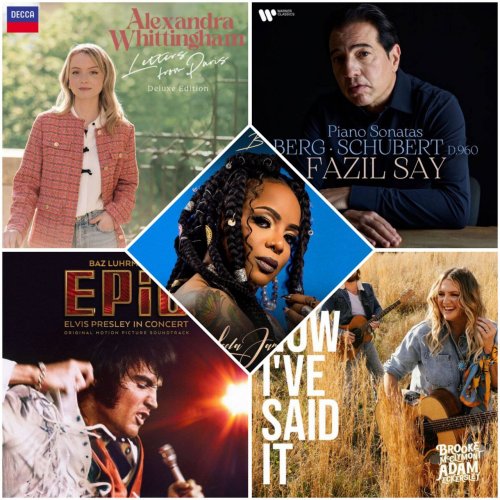
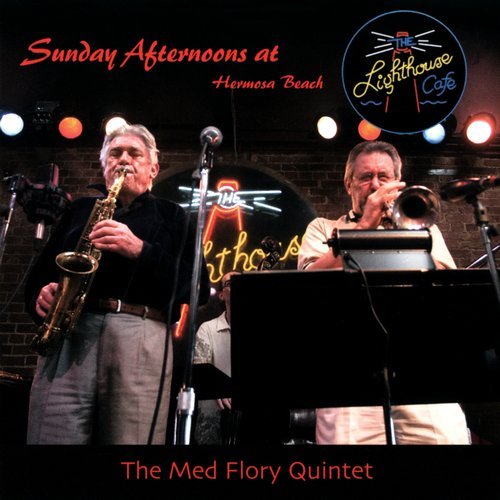
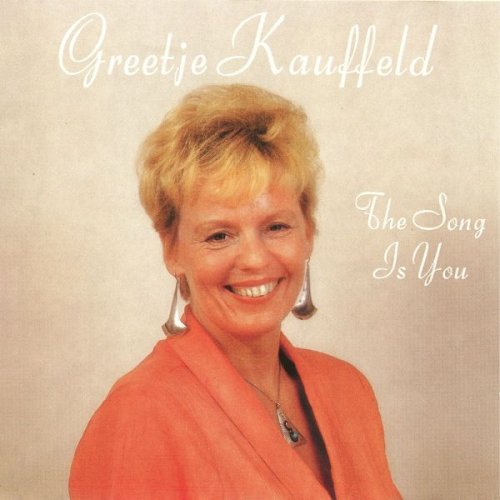
![Johannes Enders - Standard Questions (2026) [Hi-Res] Johannes Enders - Standard Questions (2026) [Hi-Res]](https://www.dibpic.com/uploads/posts/2026-02/1771328675_folder.jpg)
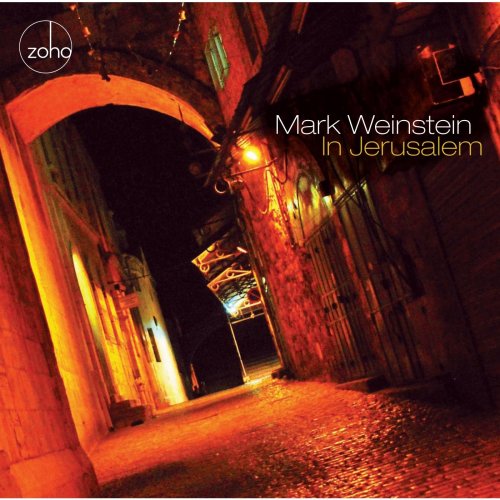
![Oná Ensemble - Traces of Brazil Voices of Toronto (2026) [Hi-Res] Oná Ensemble - Traces of Brazil Voices of Toronto (2026) [Hi-Res]](https://img.israbox.com/img/2026-02/13/nde2y2i5fp3zv8vtjohac4hx2.jpg)
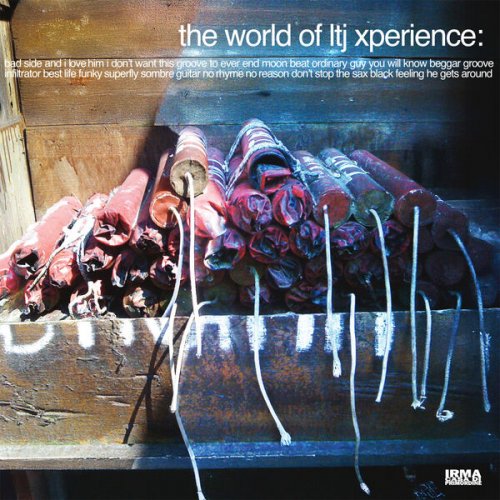
![Julian Lage - View with a room & The layers (2023) [UHQ-CD] Julian Lage - View with a room & The layers (2023) [UHQ-CD]](https://www.dibpic.com/uploads/posts/2026-02/1771252057_front.jpg)